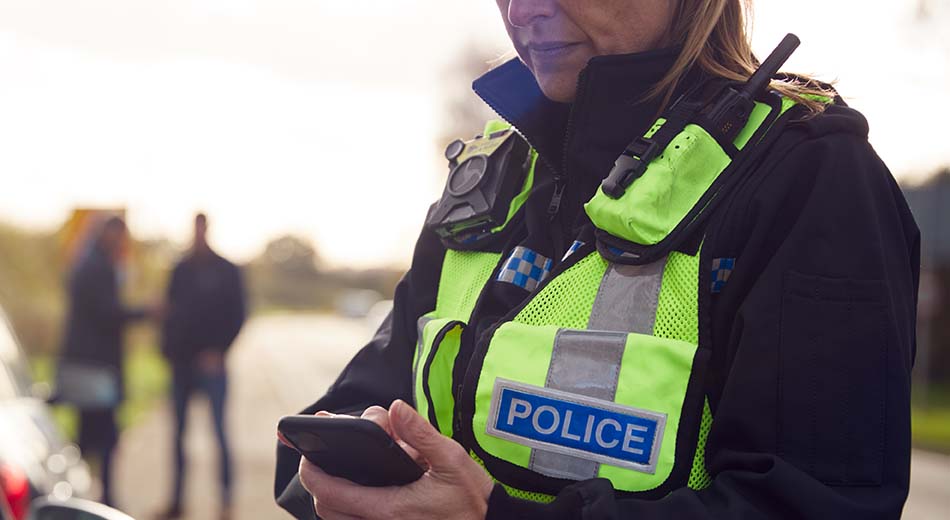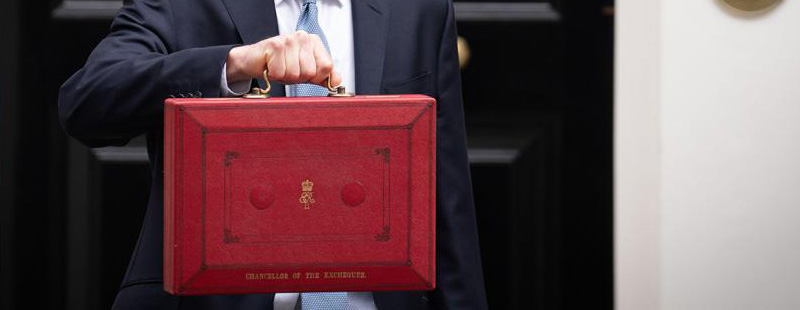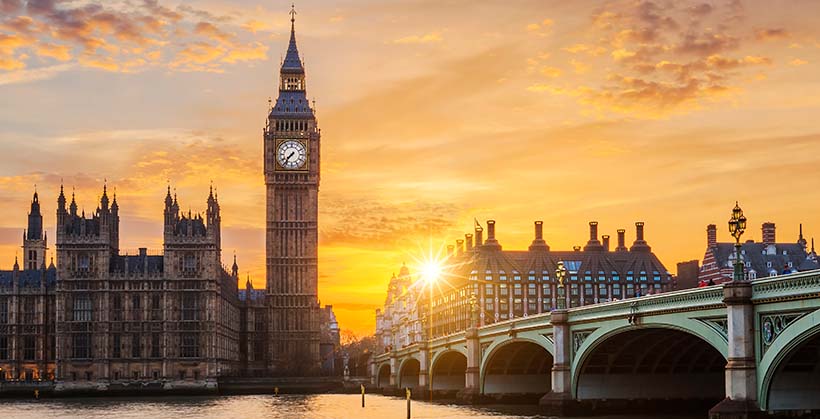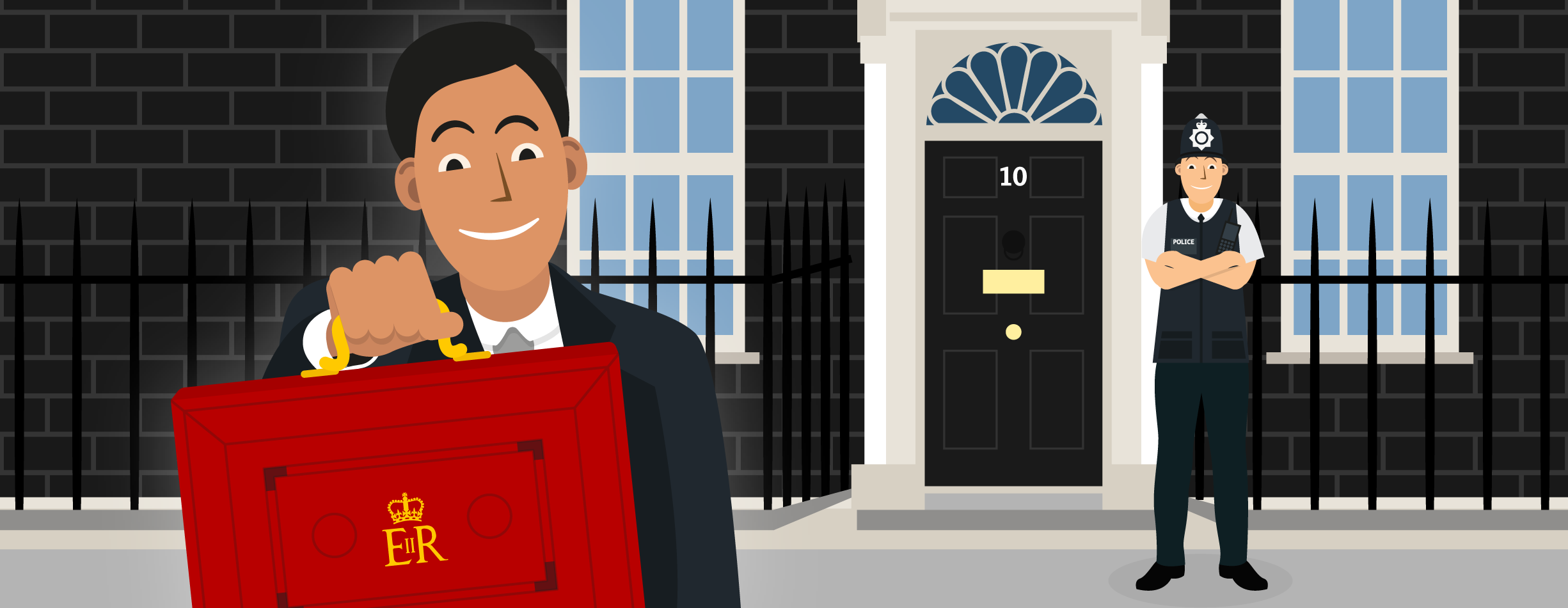To help you plan your first steps on the property ladder, we look at market trends, schemes and services that will help you make the most of your money.
If you, or someone in your family, is currently thinking about getting on the property ladder, you might want to do a bit of background research on what's happening in the market.
Staying up to date with trends and services relevant to you could help you make the most of your money as you prepare to buy.
Trends driving the market
The Bank of England revealed that UK net mortgage borrowing hit a record high of £17.9 billion in June 2021, signalling strong demand from buyers as COVID-19 restrictions continued to ease.
As far as prices are concerned, Land Registry data shows that the average property price across the UK rose from £236,687 in July 2020 to £255,535 in July 2021, despite the economic pressures created by the pandemic.
In London, the average house price was nearly double the UK-wide figure in July 2021, at £494,673. This marked an increase from £483,830 a year earlier. Land Registry figures also showed the average price paid by first-time buyers in London was £428,428 in July 2021, compared with £226,474 across England as a whole.
It's worth bearing in mind there are many possible reasons for house price growth throughout 2020, such as an increase in demand created by the stamp duty holiday (which we discuss below). There may be fluctuations in prices as policies brought in to boost the market come to an end.
If you want to keep up with market trends and changes in London, Rightmove has a house price tracker that shows the latest average prices in different parts of the city and its outskirts.
A mortgage affordability calculator could also help you work out how much you can afford to borrow and where you might be able to buy. It's also a good idea to speak to an independent financial adviser or mortgage adviser, who can help you work out how much you could borrow and what deals might be available on the mortgage market.
Is now a good time to buy?
Developments in the past year or so have given many people a big incentive to get on the property ladder.
Stamp duty holiday
The stamp duty holiday was announced in a 'mini-budget' and introduced in July 2020, as part of a Government effort to boost the property market.
This policy officially ended on 30th June 2021 and there was a staggered return to normal rates up to the end of September. That meant anyone buying between 1st July and 30th September 2021 didn't have to pay any stamp duty on the first £250,000 of the purchase price.
Here's how stamp duty rates applied between 1st July and 1st October 2021 (note that in these and the next set of figures, each percentage only applies to the amount of the purchase price above the previous bracket, not the total price):
- £0-£250,000 = 0%
- £250,001-£925,000 = 5%
- £925,001-£1,500,000 = 10%
- £1,500,000+ = 12%
This is how stamp duty rates apply from 1st October 2021 onwards:
- £0-£125,000 = 0%
- £125,001-£250,000 = 2%
- £250,001-£925,000 = 5%
- £925,000-£1,500,000 = 10%
- £1,500,000+ = 12%
It's worth noting there are different rules for first-time buyers. The Government's stamp duty calculator can help you work out how much you're likely to pay.
95% mortgages
The 95% mortgage guarantee scheme aims to help borrowers buy a home priced under £600,000 with deposits as low as 5%. It's open to first-time buyers and home movers and is initially due to run until December 2022.
Anyone thinking about getting on the property ladder this year could also be encouraged by current mortgage deals, with rates falling as lenders compete to attract borrowers.
Location
Location is a crucial factor for every homebuyer, but for Police Officers and Staff, it's an even bigger consideration.
Metropolitan Police Officers, for example, are subject to eligibility conditions including residency criteria. Anyone applying to the Police Constable Degree Apprenticeship or Degree Holder Entry Programme must have lived or studied in London for at least three of the last six years at the time of application. This includes any location within the Met's policing boundaries.
There are exemptions to the London residency criteria for:
- Met Police Staff
- Met Special Constables
- Met Volunteer Police Cadets
- Met Volunteers
- Officers transferring from other Police Services
Where you choose to buy will also raise questions about how far you have to travel to get to work. There are certain benefits available to Police Officers on this front, including the option for Metropolitan Police Officers to use TfL services free of charge if you have your warrant card and an Oyster card.
You can also contribute to the Rail Travel Concession scheme, which lets you travel on National Rail Services within an agreed area for a small lower monthly cost.
Budgeting and saving
Regardless of current market conditions or how things might change in the future, would-be house buyers will be thinking about how they can make their money go further.
Budgeting is always a good idea. It gives you a clear picture of how much you have coming in and going out, so you can see where your money is going, or where you might be overspending and able to cut back.
A detailed budget will also help you prepare for possible changes in your financial situation - if interest rates were to go up, for example. MoneyHelper, a free service provided by the Money and Pensions Service, offers an online budget planner.
How Metfriendly helps the Police Family
One way Metfriendly helps Police Officers, Staff and their families make the most of their money is with our Lifetime ISA. This lets you save up to £4,000 a year towards buying your first home and get a 25% Government Bonus on top. We add annual bonuses and a final boost to increase your savings even further. You can also use the LISA to save towards your retirement.
Your spouse is eligible to apply too, which means you could get up to £2,000 a year extra from the Government between you.
We've tailored the Lifetime ISA to make regular saving as simple as possible. Our history with the Metropolitan Police means we can currently arrange for you to have monthly contributions taken directly from your salary if you're a Met Police Officer or Staff, or a City of London Police Officer. We have close connections with the wider UK Police Family, too, which helps us design our products with your needs in mind.
You also have the option to add the Metfriendly Escalator, which automatically increases your fixed monthly ISA contributions every year in April, until you decide to stop. You can choose how much you want to 'escalate' by each year, the minimum being £10.
With a demanding job and the rest of life's pressures to think about, this can help you pretty much forget about your savings, knowing that you're steadily increasing how much you're putting towards buying your first home. It's also a good way to make the most of any annual pay rises and to take advantage of your ISA allowance.
If you have questions to ask about your finances, or you would like to hear from people who are in a similar position to you, sign up to one of our forthcoming webinars. Whether you're a new recruit, approaching retirement or just interested in saving regularly, you'll find an event that's relevant to you.
To learn more about the Lifetime ISA, or our other savings products, give our friendly team a call on 01689 891454, or book a one-to-one consultation. You can also leave your details with us and we'll call you back at a convenient time for you.
To apply for a Metfriendly Lifetime ISA, click below.

























